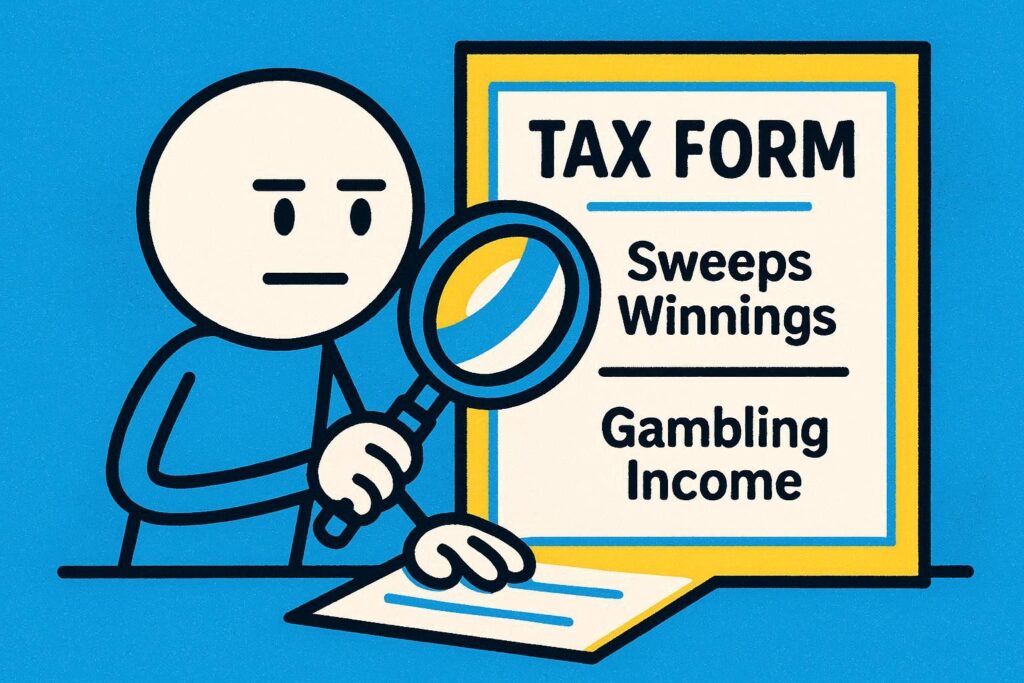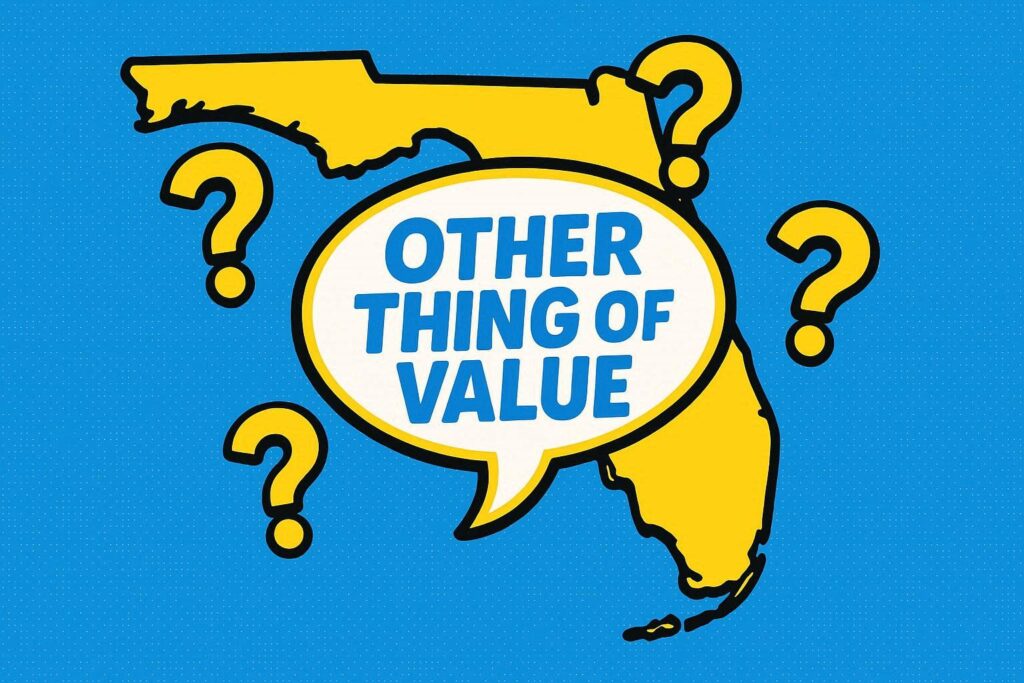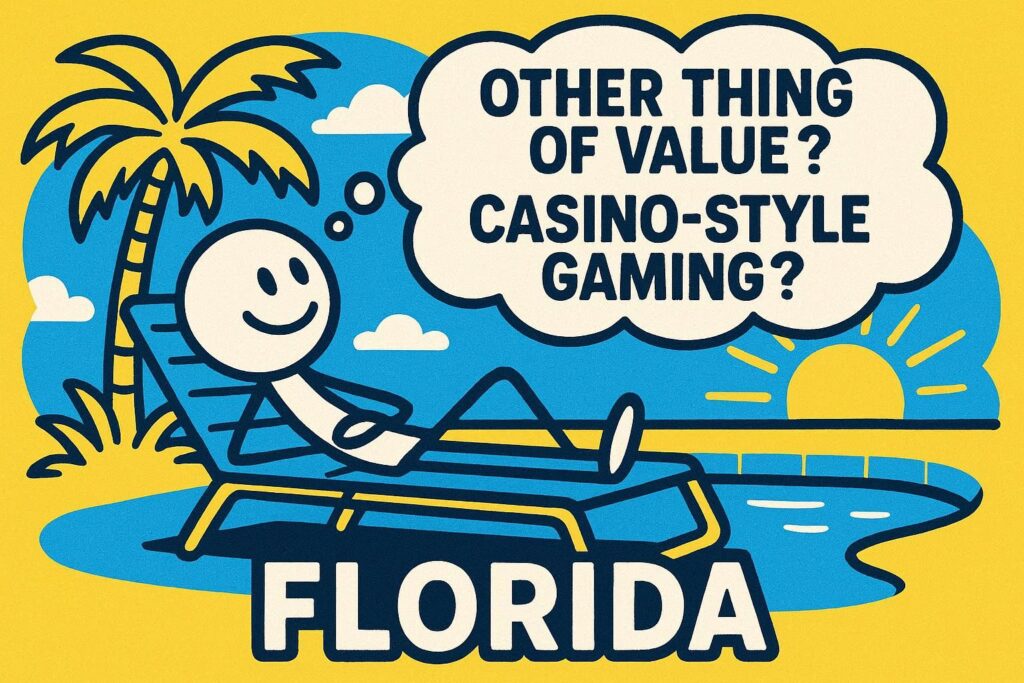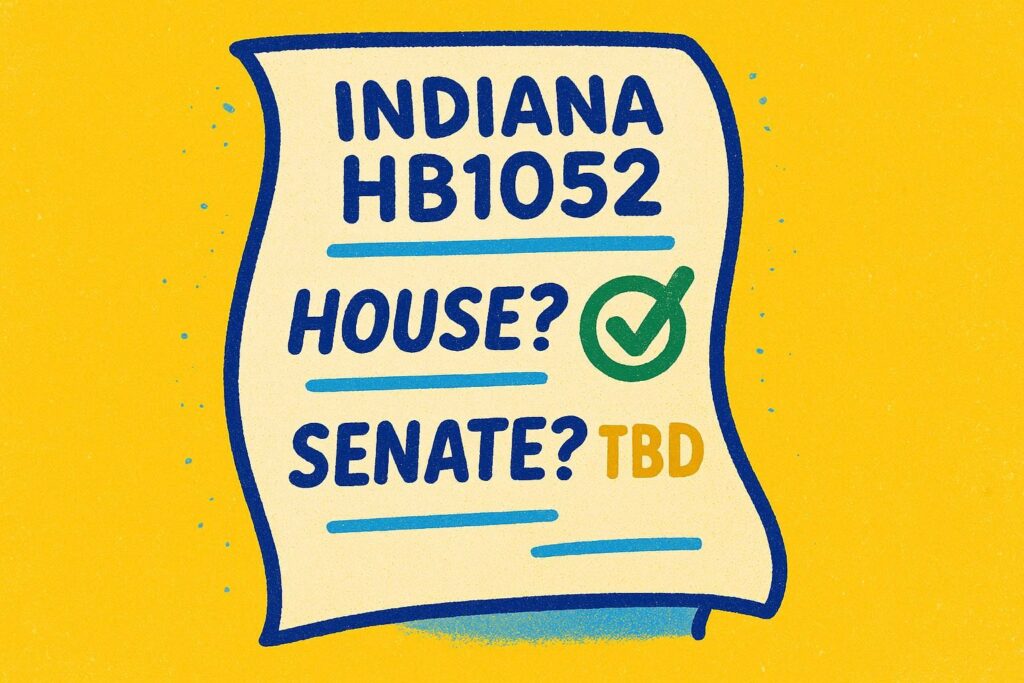California has joined the growing list of states moving to dismantle sweepstakes-style online casinos, introducing legislation this week that directly targets the operators, technology providers, and celebrity promoters behind the booming “social casino” industry.
The development was first reported by Howard Glaser, Global Head of Government Affairs at Light & Wonder, who called the moment a turning point:
“A bill introduced today with the backing of the California Nations Indian Gaming Association follows similar lines as the New York legislation passed unanimously this week, making it unlawful to facilitate or promote the operation of illegal online sweepstakes casinos by any “financial institution, payment processor, geolocation provider, gaming content supplier, platform provider, or media affiliate
Inside the California bill
According to Glaser, the bill has been backed by the California Nations Indian Gaming Association (CNIGA) and takes aim at the entire sweepstakes casino ecosystem. It proposes to make it unlawful for any party to facilitate, process, or promote illegal sweepstakes-style gambling, including:
- Financial institutions
- Payment processors
- Geolocation services
- Gaming content suppliers
- Platform providers
- Media affiliates
Importantly, the bill is to include language that could expose celebrity endorsers to legal liability, a notable shift given recent high-profile partnerships between sweepstakes casinos and figures like Drake, Paris Hilton, and Ryan Seacrest.
The bill’s arrival was accompanied by a CNIGA member bulletin. In California, gambling is constitutionally limited to tribal nations, and the sweepstakes model has long been viewed as an end-run around these rules.
Tribal voices: “It’s a war for the future of tribal gaming”
The industry has the full attention of Victor Rocha, conference chair of the Indian Gaming Association and a leading voice on tribal sovereignty, who made his position clear last fall, following G2E:
His remarks reflect a growing sentiment among tribal leaders that sweepstakes platforms, framed as free-to-play social games represent a direct challenge to tribal exclusivity in states like California.
A tipping point this week, as multiple actions taken
California’s move follows a surge of enforcement activity this week:
- New York approved Senate Bill 5935, which would effectively ban dual-currency, sweepstakes-style casino gaming once Governor Kathy Hochul signs it—making New York the fourth state to enact such a restriction
- Connecticut finalized a measure that redefines and bans sweepstakes-based gaming.
- Louisiana and Mississippi issued more than 50 cease-and-desist letters to operators of sweepstakes and offshore casinos.
- New Jersey‘s A 5447 and companion bill S4282 advanced this week.
Implications for the industry
If passed, California’s bill would:
- Effectively block sweepstakes casinos from operating within the state’s borders.
- Expose promoters and suppliers—not just platform owners—to enforcement action.
- Create legal precedent for similar action in Texas, Florida, and other tribal-regulated states.
The Social and Promotional Gaming Association (SPGA), an industry group representing sweepstakes operators, has pushed back against similar bills, warning they could have broad unintended consequences:
“The Social and Promotional Games Association (SPGA) is disappointed by the New York Attorney General Letitia James’ mischaracterization of legal sweepstakes platforms as “illegal” and “dangerous.” Our members operate within well-established legal frameworks, pay appropriate taxes, and adhere to a strict code of conduct that includes consumer protections and responsible gaming practices.” SPGA said regarding New York’s law.
This is a developing story. Sweepsy has reached out to CNIGA, the Social and Promotional Gaming Association (SPGA), Social Gaming Leadership Alliance (SGLA) and industry experts for comments. This article will be updated as responses are received.









